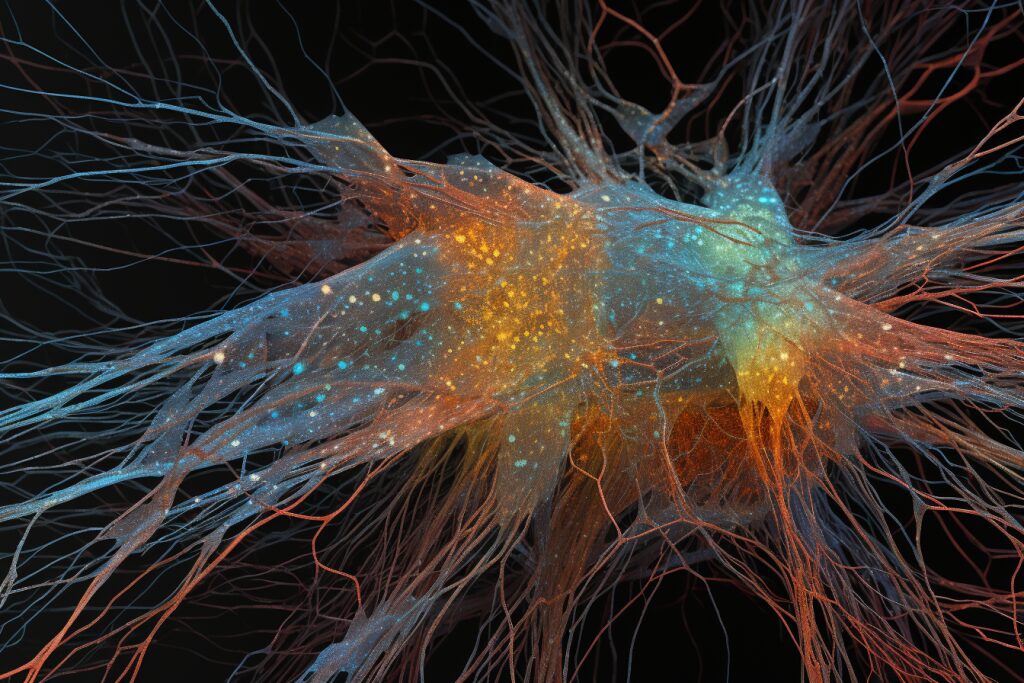This appears to be a tutorial or guide for learning Python programming, specifically focused on building a simple digital neuron model using variables, expressions, and functions. The text provides an overview of the steps involved in creating a neuron model, from setting up the Python environment to implementing an activation function.
Here is a condensed version of the content, broken down into sections:
Part 1: Setting Up and Basics
- Introduced Python programming basics
- Learned how to print messages using
print()function - Explored variables and learned that their data types are automatically determined based on assigned values
Building a Simple Neuron Model
- Set up neuron model with inputs, weights, and bias
- Learned about activation functions (ReLU)
- Implemented ReLU activation function in Python code
Connecting Multiple Neurons
- Not covered in this part 1 excerpt, but mentioned as the next step for building more complex neural networks.
Some key points from the text include:
- The neuron model demonstrates how inputs, weights, and biases interact to produce an output that can then be transformed by an activation function.
- Activation functions determine whether a neuron should be active or not based on its input.
- Python programming is used as the language for implementing the neuron model.
Overall, this tutorial provides a foundation in basic Python programming concepts and introduces the idea of building simple neural networks using these concepts.



